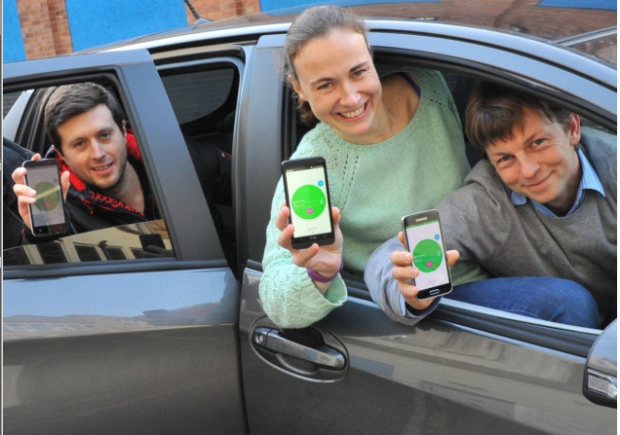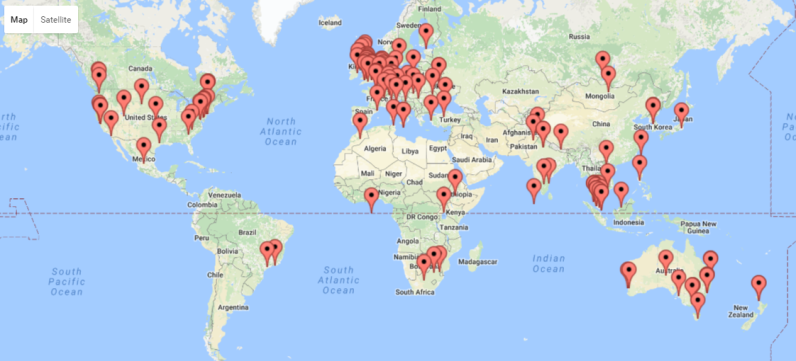SRS projects vs. Penang Forum call for new Transport Master Plan
 Translated from Chinese interview of Ahmad Hilmy, transport and city planning scholar from the Universiti Sains Malaysia (USM), which appeared in the China Press of August 13, 2016. Mr. Hilmi closes the interview by stating frankly his recommendation that “the government engage independent experts to study both the proposals by SRS and the NGOs, based on best scientific estimates of construction cost, acquisition cost, maintenance and operation cost, life cycle, opportunity costs and externalities, ridership, environmental and life quality impacts, cultural and heritage issues, impacts on vulnerable populations, etc., instead of keep on arguing.
Translated from Chinese interview of Ahmad Hilmy, transport and city planning scholar from the Universiti Sains Malaysia (USM), which appeared in the China Press of August 13, 2016. Mr. Hilmi closes the interview by stating frankly his recommendation that “the government engage independent experts to study both the proposals by SRS and the NGOs, based on best scientific estimates of construction cost, acquisition cost, maintenance and operation cost, life cycle, opportunity costs and externalities, ridership, environmental and life quality impacts, cultural and heritage issues, impacts on vulnerable populations, etc., instead of keep on arguing.
For full background on the fast-growing struggle to create a sustainable transport system for Penang. we direct you to The NGO Challenge Dialogue at http://wp.me/p3GVVk-xJ. The picture is rather murky at first due to considerable obfuscation on the part of the current administration, but if you are interested please take the time to work your way down through that top right menu section also entitled NGO Challenge Dialogue. You make up your mind, and if you have any comments, corrections or suggestions these pages are entirely open.

 Hello Eric, Thanks for forwarding the short reply by Lloyd Wright on Free Public Transit to the list. It made me think: Hmm possibly the comparison of Free Public Transit to public spaces that are generally open to use by the population free of charge is a strong, valid point. Beyond that here are some rough, somewhat wide-ranging and unstructured thoughts:
Hello Eric, Thanks for forwarding the short reply by Lloyd Wright on Free Public Transit to the list. It made me think: Hmm possibly the comparison of Free Public Transit to public spaces that are generally open to use by the population free of charge is a strong, valid point. Beyond that here are some rough, somewhat wide-ranging and unstructured thoughts:

 “Public Space” is generally mostly free. This includes footpaths, parks, and town squares. If one advocates charging for public transport, it would seem most of the same arguments would apply to public space. And yet few would actually support such a position, principally on grounds of equity.
“Public Space” is generally mostly free. This includes footpaths, parks, and town squares. If one advocates charging for public transport, it would seem most of the same arguments would apply to public space. And yet few would actually support such a position, principally on grounds of equity.
 What do the 4,448 readers (today) turn to when they check into Word Streets in the morning? It never fails to surprise us. The variety of choice is enormous, and it often happens that articles which we consider minor if still interesting suddenly take off, because it turns out that our readers make up their own minds for their own reasons. Take the most read posting over the last half-dozen years for example —
What do the 4,448 readers (today) turn to when they check into Word Streets in the morning? It never fails to surprise us. The variety of choice is enormous, and it often happens that articles which we consider minor if still interesting suddenly take off, because it turns out that our readers make up their own minds for their own reasons. Take the most read posting over the last half-dozen years for example — 

 If you get it,
If you get it, 




